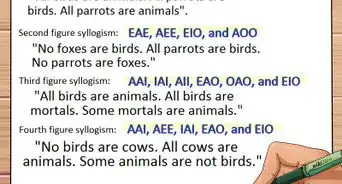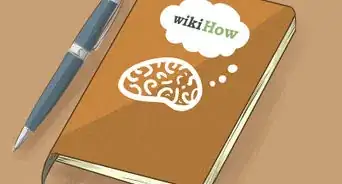wikiHow is a “wiki,” similar to Wikipedia, which means that many of our articles are co-written by multiple authors. To create this article, volunteer authors worked to edit and improve it over time.
wikiHow marks an article as reader-approved once it receives enough positive feedback. In this case, 93% of readers who voted found the article helpful, earning it our reader-approved status.
This article has been viewed 59,338 times.
Learn more...
Kant's Critique of Pure Reason is a great book to read to start to understand Kant's perspectives. It is widely regarded as one of the denser texts in philosophy, so it's helpful to read in tandem with Kant's "Prolegomena," which is a shorter read that details the main arguments behind "Critique of Pure Reason." Beyond making use of supporting texts, the key to understanding this text is read closely, paying special attention to the introduction. Read on for more!
Steps
Community Q&A
-
QuestionDo you truly think Kant was 'an excellent writer'? (Reading the original German as a native speaker, I get the contrary impression.)
 Community AnswerIt's an open-ended question. Some may think Kant was an excellent writer while others may think his writing was bad. The more important issue is not so much how eloquent or clever his writing style, it's about his thinking and the ideas he came up with that many people have since found compelling.
Community AnswerIt's an open-ended question. Some may think Kant was an excellent writer while others may think his writing was bad. The more important issue is not so much how eloquent or clever his writing style, it's about his thinking and the ideas he came up with that many people have since found compelling.
Warnings
- There is debate over which English translation is the best to use, but the more important point is that none of them can be perfect, as there are places in the German text where reasonable translators make substantially different choices. If you're deeply into the Critique but can't work effectively from the German original (which is online at the University of Bonn, in addition to several print editions), you can get along by comparing different translations. If you can only go with one, the Mueller translation is probably the best compromise between fidelity and readability, but the others (Kemp Smith, Wood-Guyer, Pluhar) have their advantages. Meiklejohn's translation, besides being the loosest, doesn't include the first-edition material that was removed--and not all of it replaced--for the second edition of 1787.⧼thumbs_response⧽
- Don't become a crank! By any reasonable standard, some valuable philosophical work has been done in the last two hundred years, even if different people may disagree on what it is. There are many reasons, some of them good, why modern philosophers don't talk about Kant all the time. When you're fully immersed, it can be hard to remember that. But tracing out the history of Kant's influence on his contemporaries and successors--Frederick C. Beiser's The Fate of Reason is a great place to start--will help reassure you that you are not the only person who ever understood him, and he has not been totally neglected ever since.⧼thumbs_response⧽
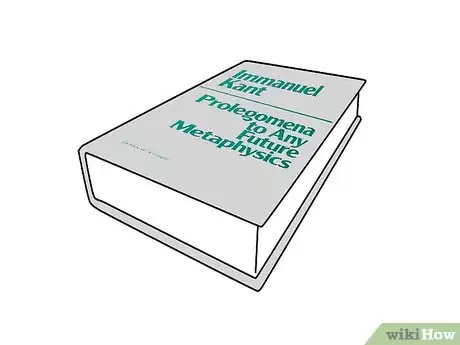
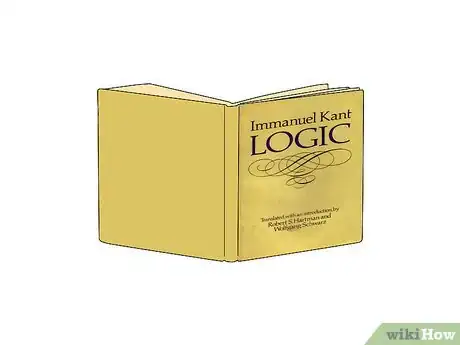

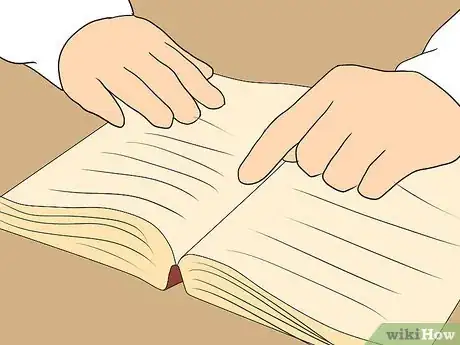
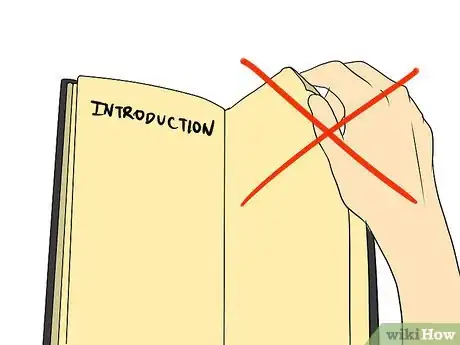



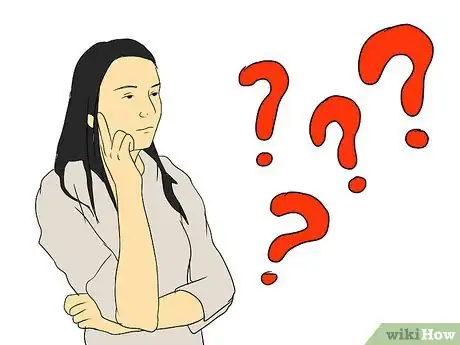
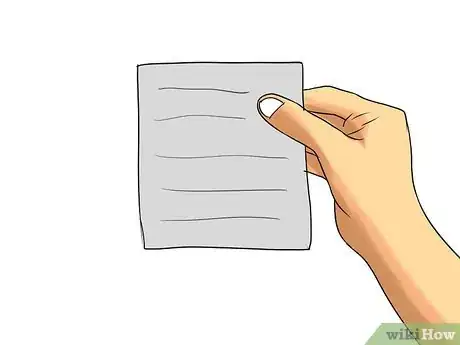






-Step-10-Version-3.webp)



